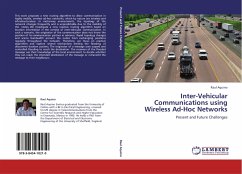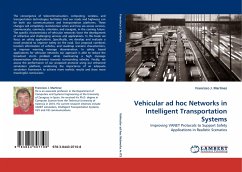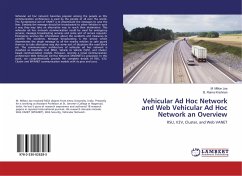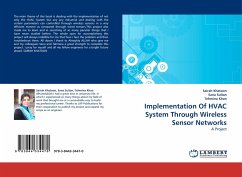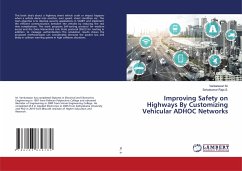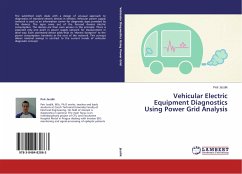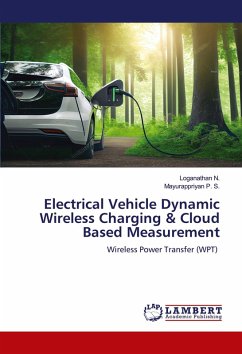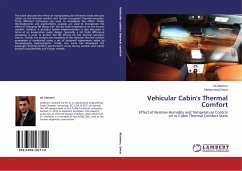This work proposes a new routing algorithm to allow communication in highly mobile, wireless ad-hoc networks, which by nature are wireless and infrastructureless. In motorway environments, the topology of the network changes frequently and is unpredictable due to the mobility of the nodes. We investigate a new reactive routing algorithm based on location information in the context of inter-vehicular communication. In such a scenario, the originator of the communication does not know the position of its communication partner in advance. Rapid topology changes and scarce bandwidth prevent the nodes from exchanging positions regularly throughout the network. Therefore, we focus on reactive algorithms and explore several mechanisms limiting the flooding of discoveries location packets. The originator of a message uses scoped and controlled flooding to reach the destination. The receivers of the flooded message use their knowledge of the local environment to decide whether they can reach the intended destination of the message or retransmit the message to their neighbours.
Bitte wählen Sie Ihr Anliegen aus.
Rechnungen
Retourenschein anfordern
Bestellstatus
Storno

